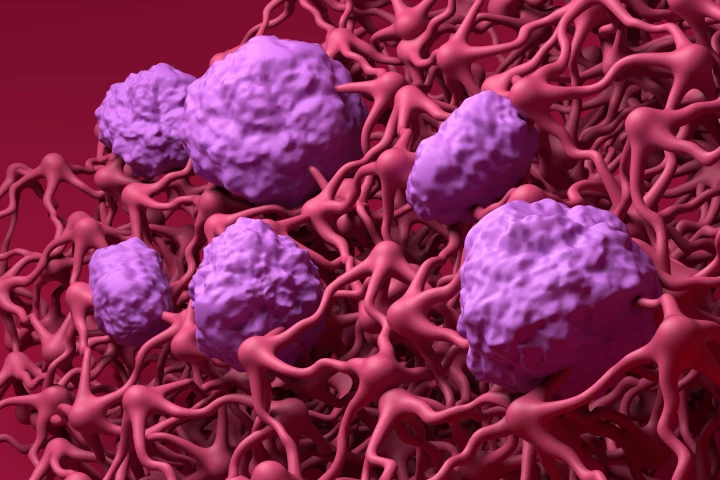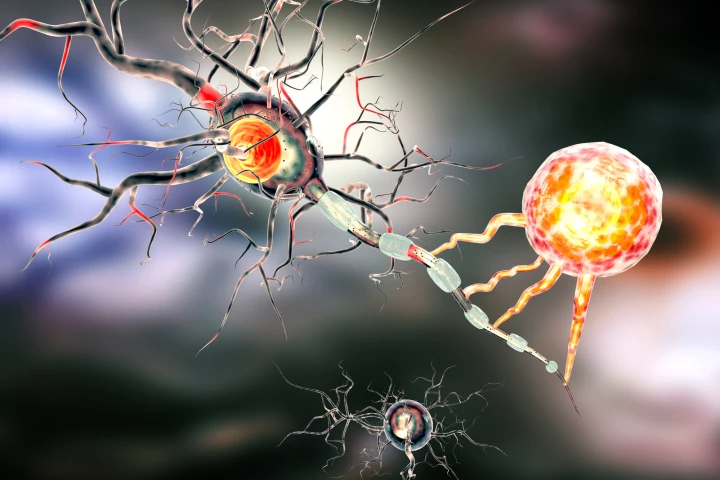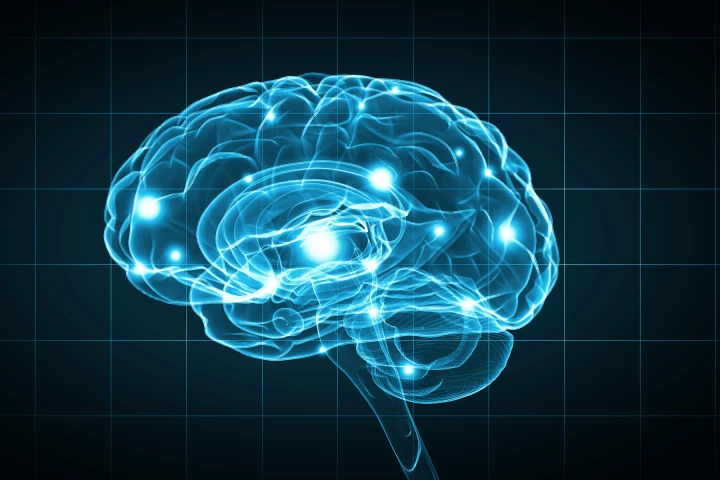Blood-brain barrier
-
For some time, we've known that it's rare to see people with both cancer and Alzheimer's diseases. Now, scientists believe they may have found why, discovering a molecule in cancer cells that clears problem proteins from the brain.
-
Brain parasites are something that most people would naturally want to avoid, but maybe they can be used for good. A new study has found that a common brain parasite could be engineered to deliver drugs past the blood-brain barrier.
-
Scientists have, for the first time, identified five distinct subtypes of Alzheimer’s disease, each with different neurodegenerative behaviors, survival rates and medical interventions. It could be a game-changer for research and therapeutic success.
-
Two studies have used focused ultrasound to open up the blood-brain barrier, generating a positive immune response and allowing for the admission of gene-editing technology. The technique could be a non-invasive way of treating neurodegenerative diseases.
-
A new study has found that a substance extracted from the leaves of the hydrangea plant could be an effective treatment against the protein plaques that are thought to contribute to the development of Alzheimer’s disease.
-
New research has uncovered the genetic signal needed to form and maintain the blood-brain barrier, which may enable a more effective way of delivering medicines to the brain to treat stroke, neurodegenerative and psychiatric diseases, and cancer.
-
The blood-brain barrier performs a vital function in keeping out toxins and pathogens, but it can become “leaky.” Now Stanford scientists have identified therapeutic molecules that could help patch it up, to potentially prevent neurological diseases.
-
Antibody treatments to combat the amyloid peptides leading to Alzheimer's disease have been mostly unsuccessful. But by hiding those antibodies inside nanoparticles based on sugar, researchers have seen success in treating the symptoms in mice.
-
A new technique using piezoelectric nanoparticles that are activated via bursts of ultrasound has shown promise as a wire-free way to stimulate the brain. It could be used to treat Parkinson's disease and other brain-based disorders.
-
The brain’s natural defenses can make tumors in this part of the body difficult to treat, but scientists have found some early success using electrical fields in laboratory models that led to the selective death of tumor cells.
-
A newly developed, highly sensitive biosensor likened to a “deep surveillance” system has hinted at more accurate ways to diagnose brain cancer, with an ability to detect and pinpoint the location of tumors from less than a drop of blood.
-
The blood-brain barrier keeps your brain safe from toxins, but frustratingly it also keeps important drugs out. MIT researchers have now demonstrated an accurate new model of how this barrier works, which should enable new brain cancer treatments.
Load More











